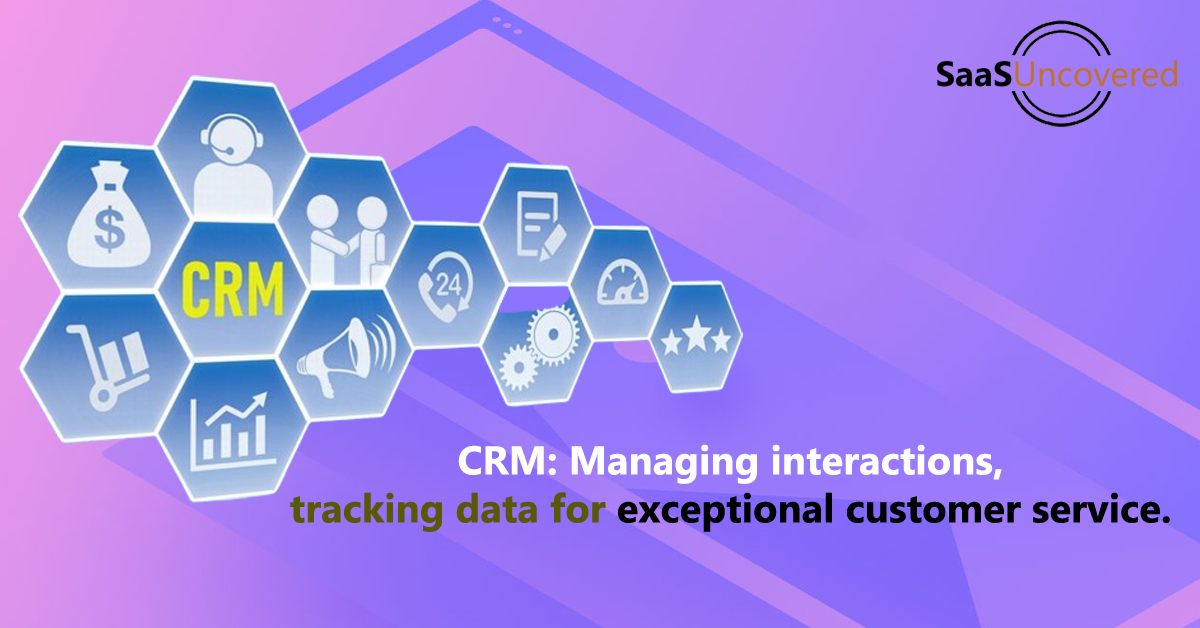CRM
CRM or customer relationship management encompasses the practices, principles, and systems that is followed by businesses to manage and prioritize customer interactions.
Updated: November 27, 2023

CRM or customer relationship management encompasses the practices, principles, and systems that is followed by businesses to manage and prioritize customer interactions. Relevant customer data and conversation history need to be tracked by companies to provide the highest level of service.
Customer relationship management (CRM) software can be utilized by businesses to track interactions with prospects and customers to get the full view of their history, activity, and preferences.
The type of CRM that fits the business objectives and internal needs of any businesses should be identified. Analytical, collaborative, and operation are the three main types of CRM systems.
The CRM cycle is closely aligned with the customer lifecycle and involves marketing, sales, and customer service teams and activities. Brand awareness and reach, Lead acquisition, Lead conversion, op-notch customer service and Upsells and referrals are five critical elements of the CRM cycle. Businesses can manage their relationship with customers and stores information about interactions with the customer as well as automate core business processes and centralize important information by using CRM.
An effective CRM tool can provide better organization, meaningful communication, improved customer service and efficient use of time. Organizations have to implement clear standards and practices for data collection, training to ensure adoption and automation to receive the most value from a CRM tool.
Types of CRMs
- Operational CRM
- Analytical CRM
- Collaborative CRM
- Strategic CRM
- Sales Automation CRM
- Marketing Automation CRM
- Customer Service CRM
- Social Media CRM
- Mobile CRM
- Cloud-Based CRM